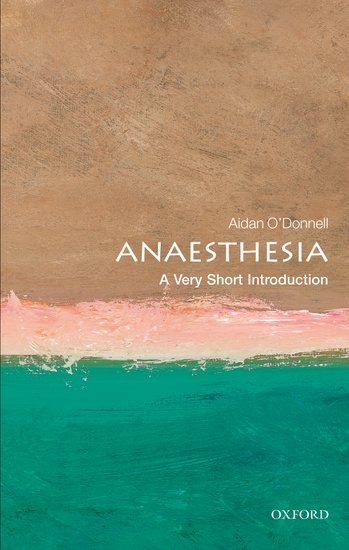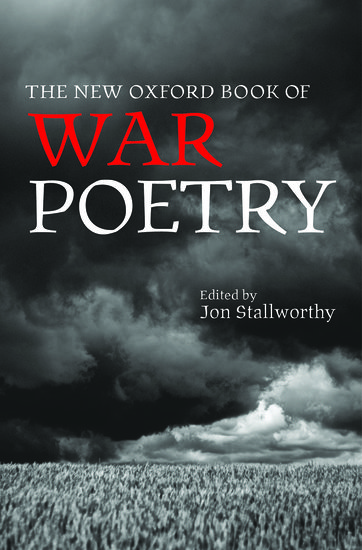By Kyle Volk
In 1855, the good citizens of the state of New York faced this very prospect. Since the birth of the republic, alcohol and Independence Day have gone hand in hand, and in the early nineteenth century alcohol went hand in hand with every day. Americans living then downed an average 7 gallons of alcohol per year, more than twice what Americans drink now. In homes and workshops, churches and taverns; at barn-raisings, funerals, the ballot box; and even while giving birth—they lubricated their lives with ardent spirits morning, noon, and night. If there was an annual apex in this prolonged cultural bender, it was the Fourth of July, when many commemorated the glories of independence with drunken revelry.






